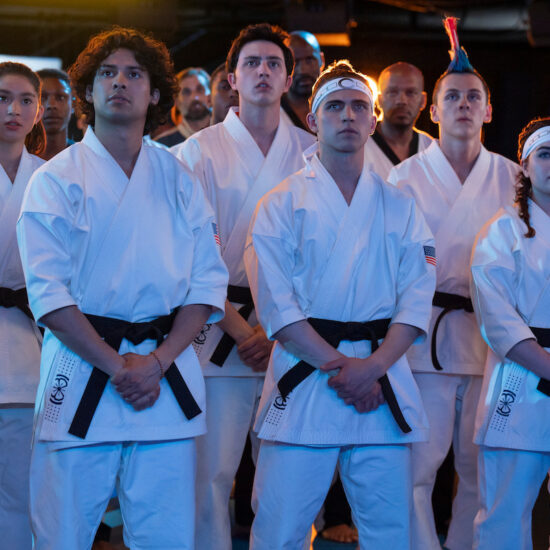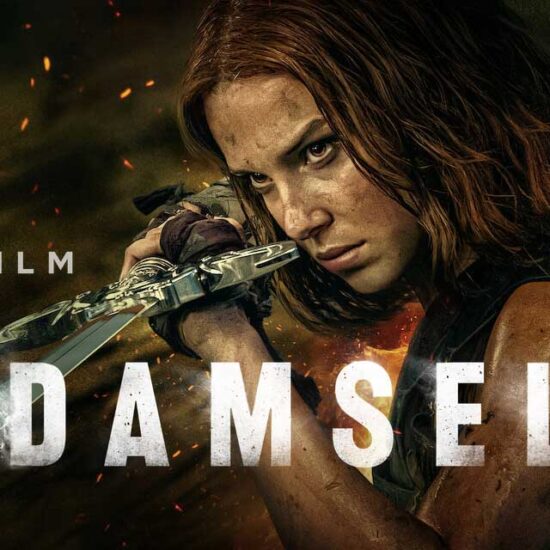
The Whale and The Good Nurse producer Scott Franklin put a positive spin on the ongoing above and below-the-line crew shortages impacting production on both sides of the Atlantic in a panel at the Zurich Summit on Saturday (September 24).
The long-time Darren Aronofsky collaborator, who works under the banner of the director’s Protozoa Pictures, said fresh opportunities lay behind the crew crunch.
“In the U.S. there is a two-fold conversation. First and foremost, how many years have we all been complaining how hard it is to get our shows set up, and now we have a problem that there’s too much demand for stuff,” he said. “The demand for content is good news. It’s a high-class problem.”
“We’re growing our craftsmen within the industry below the line. It’s going to take some time to catch up, but this is also an opportunity we’re creating,” he said.
Franklin suggested that issues around crew supply were nothing new. He recalled shooting a film in Cleveland in the early days of the local Ohio Motion Picture Tax.
“Ohio had just started the incentive and there wasn’t a local crew base. What we did for that film was bring in out-of-town crew, from New York, L.A. and Georgia, and we trained an entire local crew,” he said. “We did the same for the next film and before you knew it we had built up a crew base in Cleveland.”
He had to apply similar tactics for the Connecticut shoot of The Good Nurse in the spring of 2021, with Danish director Tobias Lindholm at the helm.
“Coming out of the pandemic, I had The Whale and The Good Nurse shooting at the same time. I couldn’t get crew for The Good Nurse. Obviously, Darren’s crew were loyal and were going to do his film if available. Many of the other crew were booked on two-year TV gigs, which were a bit more cushy than doing a low-budget independent film in Connecticut,” recounted Franklin.
“I turned to New York crew that I normally never work with. So, it was a new crew and a Danish director, who they didn’t know, even if they knew his work. It’s not as if we had any experience working with these people. We had new department heads, all A-list craftspeople, with trainees in all the departments,” he continued.
Franklin also addressed the writer shortage suggesting it was a chicken and egg problem with emerging writers struggling to get representation with literary agents until they had experience, but not being able to gain experience until they had representation.
“That’s a problem for writers, which is an incredible craft and the most important craft because it all starts with the screenplay, right,” he said.
The agencies also needed to embark on a training drive, he suggested, to bring on board more staff to do “the deals, sell the films. and spend more time looking at the above-the-line talent”, which would ultimately result in more work for below-the-line talent.
Franklin was joined by Europe-based professionals who discussed bottlenecks and initiatives to overcome them on the other side of the Atlantic.
Kim Magnusson, a producer and Head of Creative Scandinavian Film Distribution, said a recent study had suggested that Denmark needed an additional 1,900 trained crew by 2025 to meet scheduled production commitments.
“In a small country, a small industry, that’s crazy. Projects aren’t being made because we cannot get them signed. It’s so difficult to put a crew together, and when you do it lacks a level of craftsmanship,” he said.
Munich-based Netflix executive Sasha Bühler, director of EMEA film, said the platform was investing heavily in training and upskilling to bring crew online, noting its Grow Creative program that runs initiatives worldwide, from Cairo to L.A. to Berlin.
“We are investing in the next generation to broaden the pool of people we work with. It’s the right thing to do,” she said.
The panel was one of the final discussions of the Zurich Film Festival’s day-long Zurich Summit industry event on Saturday gathering around 100 top film executives to discuss key issues impacting the independent international film industry.













